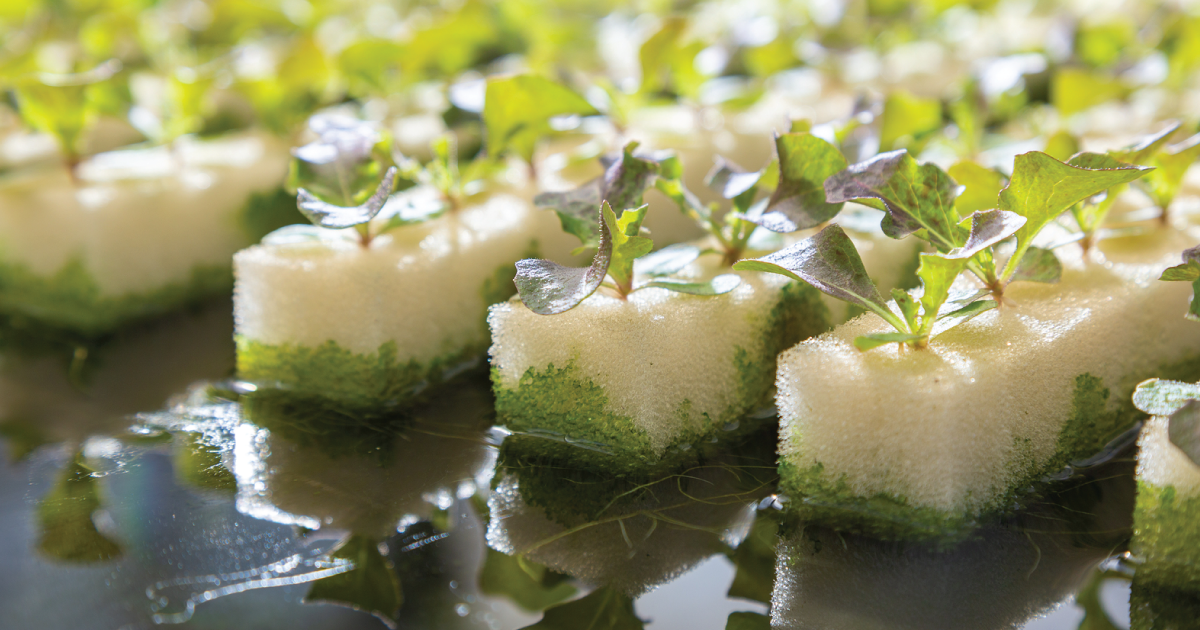
Hydroponically Grown Produce Threatens Real Organic Agriculture
In the produce section of my local food co-op sit Driscoll’s berries in their neat little rows: strawberries, blueberries, raspberries, each in plastic clamshells. No other berry options are present on the shelf. Paging the receivers, I ask, “Do we have any non-hydroponically grown berries?”
May 2, 2019 | Source: Truthout | by Alison Rose Levy
In the produce section of my local food co-op sit Driscoll’s berries in their neat little rows: strawberries, blueberries, raspberries, each in plastic clamshells. No other berry options are present on the shelf. Paging the receivers, I ask, “Do we have any non-hydroponically grown berries?”
In response, I am told, “We only have organic berries and organic berries aren’t hydroponic.”
It turns out that’s not always true, at least not anymore. It’s something that organic food consumers find very confusing — and for good reason. Driscoll’s owns 64 percent of the U.S. organic berry market. The company’s signature offering is making berries, formerly seasonal treasures, available year-round.
The California-based Driscoll’s, a global conglomerate, has gained a major foothold in the booming organic segment of the food industry. An aggregator, it works with hundreds of farmers all over the world. The New York Times called the company, “one of the largest hydroponic growers, using the system to grow hundreds of acres of raspberries, blueberries and blackberries.”
